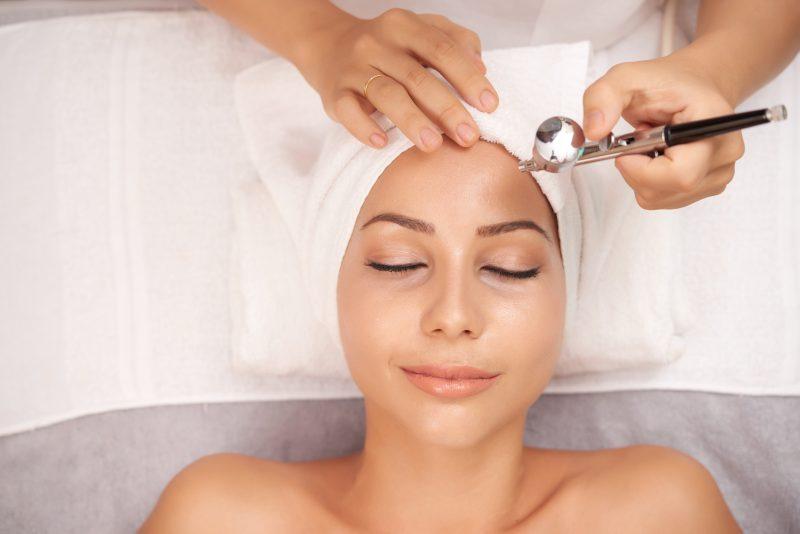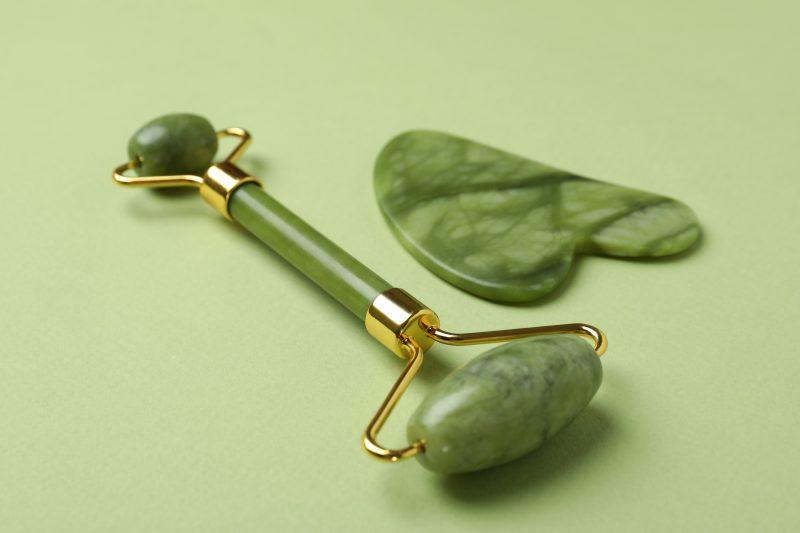Estheticians, Professional Skincare
Will a facial improve my complexion?
When it comes to skincare, one of the most frequently asked questions is whether facials can truly improve complexion. With the plethora of facial treatments available, ranging from classic deep cleansing to advanced laser therapies, it’s important to understand what facials can and cannot do for your skin.
What are Facials?
Facials are multi-step skin treatments that often include cleansing, exfoliating, extracting, massaging, and applying masks, serums, and moisturizers. The primary goal is to nourish the skin, promoting a clear, well-hydrated complexion.
Benefits of Facials for Complexion:
- Deep Cleansing: Facials provide a deeper cleanse than what you typically get at home. They help remove dead skin cells and unclog pores, which can make your skin look brighter and improve its texture.
- Increased Circulation: The massage techniques used during a facial can boost blood circulation. This not only promotes cellular health but also improves the overall glow and vitality of the skin.
- Targeted Treatments: Many facials are designed to address specific skin concerns like acne, dryness, or signs of aging. By targeting these issues, facials can help improve the overall appearance of your complexion.
- Stress Relief: The relaxation and stress relief provided by facials can reduce stress-related skin issues, leading to healthier-looking skin.
Myths vs. Reality:
- Myth: Facials can provide instant and long-lasting changes to skin health.
- Reality: While facials offer immediate results in some cases, their effects are usually temporary. Regular treatments are necessary for sustained improvement.
- Myth: Facials work the same for everyone.
- Reality: Skin type and individual concerns dictate the effectiveness of facials. What works for one person may not work for another.
Choosing the Right Facial:
Consult with a skincare professional to choose a facial that suits your skin type and addresses your concerns. Be wary of treatments that promise miraculous results and always consider your skin’s sensitivity and any existing conditions.
Facials can indeed improve your complexion, but they are not a cure-all. They should be part of a comprehensive skincare routine that includes proper at-home care. Remember, healthy skin is not just about the treatments you get; it’s also about maintaining a healthy lifestyle, including diet, hydration, and sun protection.
If you’re looking to enhance your skincare routine with facials, start by consulting with a dermatologist or licensed esthetician. And remember, the journey to better skin is a marathon, not a sprint!





